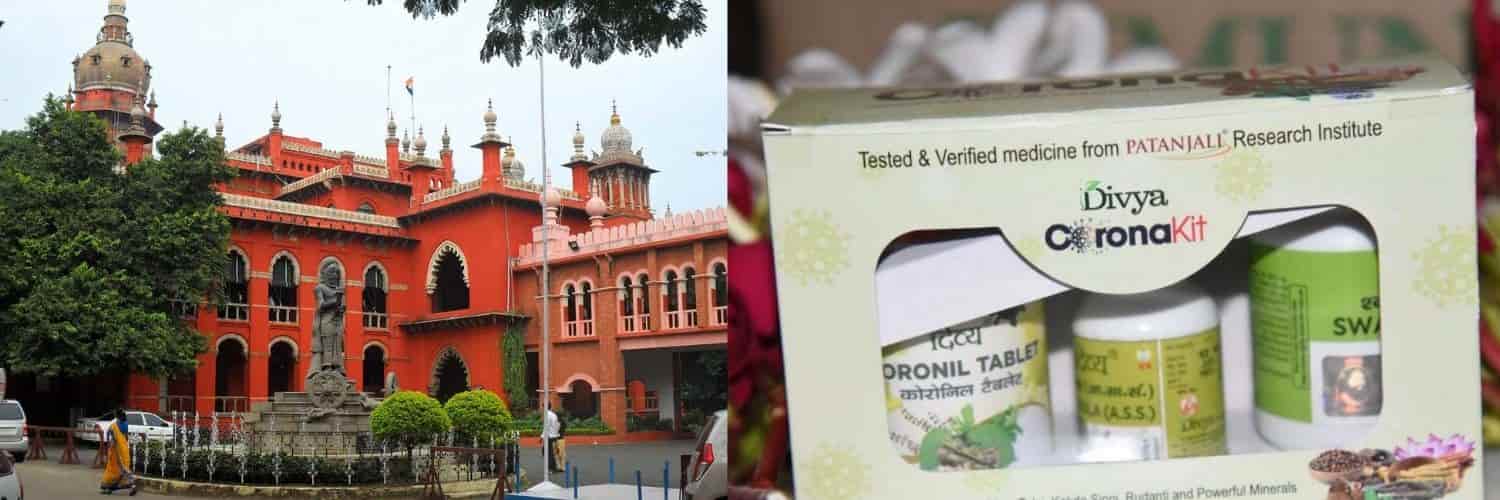The Consumer Protection Act, 2019 came into force on 20th Jul, which includes the establishment of Central Consumer Protection Authority (CCPA) to encourage, safeguard, and implement the rights of consumers, and to set up rules for the prevention of unfair trade through e-commerce platforms.
The Union Minister of Consumer Affairs, Ram Vilas Paswan says that Act aims at easing the dispute resolution process and also coming up with the concept of product liability.
While addressing the media, the Union Minister of Consumer Affairs, via video call, also added that this Act will emancipate the consumers and will assist them to protect their rights through numerous rules and regulations like Consumer Protection Councils, Consumer Dispute Redressal Commissions, Mediation, Product Liability as well as punishments and penalty for manufacture and sale of adulterous products and goods.
He also mentioned that CCPA will be authorized to scrutinize into infringement of consumer’s rights and institute complaints or prosecution, order back of unsafe goods and services, cessation of unfair trade practices, and deceptive advertisements.
Furthermore, this Act will also deal with unfair trading practices through e-commerce platforms. Every e-commerce organization is supposed to produce the information regarding the refund, exchange, return, warranty and guarantee, delivery and shipment, modes of payment, redressal mechanism, the security of payment methods, etc. They are supposed to provide the information regarding the country of origin as it will the consumer to make pre-purchase decisions. The receipt of the complaints of any goods and services should be acknowledged within forty-eight hours and rectify the complaint within a month from the date of receipt. He also added that the Act will introduce the concept of product liability.
He also informed that the Act will ease the dispute resolution procedure in the Consumer Commissions, which includes state and district commissions which will enable the consumers to digitally file the complaints with the commissions having jurisdiction over his place.
The State Commissions will pass on the information the Central Commissions on a quarterly basis regarding the pendency of cases, disposal, etc. Video-conferencing for the hearing of the complaints, if the question of admissibility is not decided within 21 days. He said that there will be no fees charged for the cases up to 5 lakh. Regarding the settlement, mediation will be conducted in the Mediation Cells which would be set-up under the Consumer Commission.
He informed that the Act will provide punishments and penalties for the manufacture and sale of adulterous goods and services. The Court may even direct the Commission to suspend the license for up to 2 years, and in case of repetition, cancel the license.
Under this Act, there are Central Consumer Protection Council Rules, Consumer Disputes Redressal Commission Rules, Appointment of President and members in State/District Commission Rules, Mediation Rules, Model Rules, and E-Commerce Rules and Consumer Commission Procedure Regulations and Administrative control over State Commission and District Commission Regulations.
He further reported that the Central Consumer Protection Council is an advisory body that is headed by the Union Minister of Consumer Affairs, Food and Public Distribution with the Minister of State as the Vice-President and 34 other members. The Council will conduct the office for a tenure of 3 years and there will be a provision of working groups for the specific tasks.
While concluding, he marked that this new Act has been introduced with several amendments to safeguard the consumers form not only the sellers but also from the entities on the e-commerce platforms. This Act will prove to be a vital way in the protection of consumer rights in the country.
This News has been written and submitted by Ms. Vishakha Bhardwaj during her course of internship at B&B Associates LLP. Ms. Vishakha is a third-year law student at the Army Institute of Law, Mohali.






